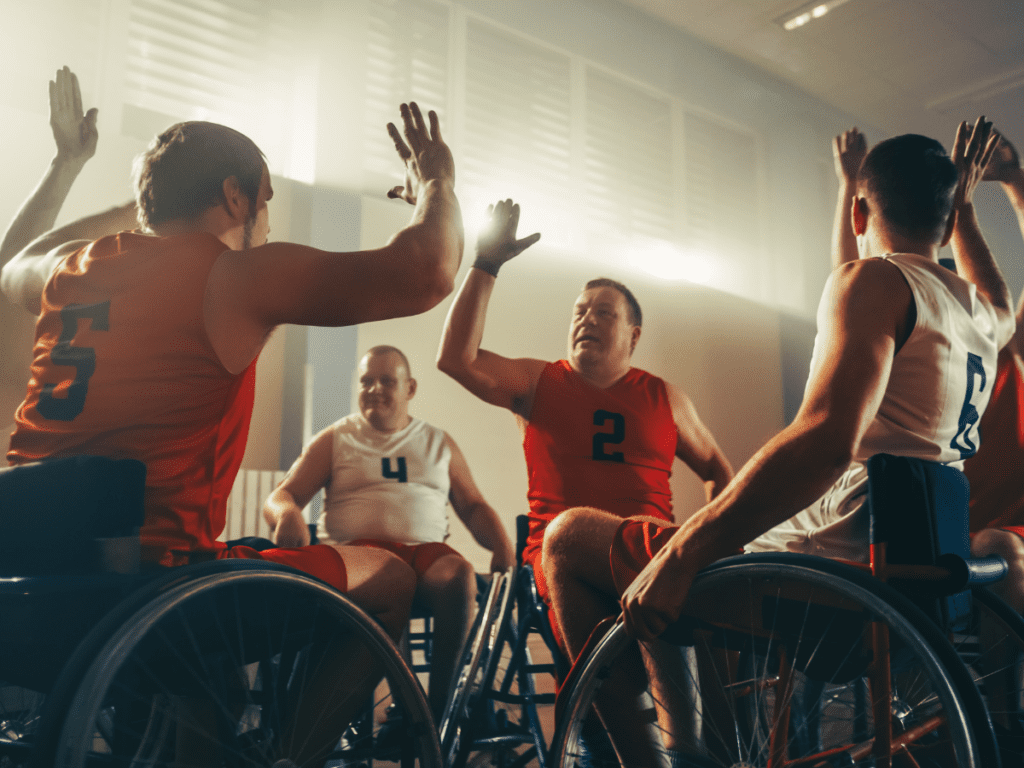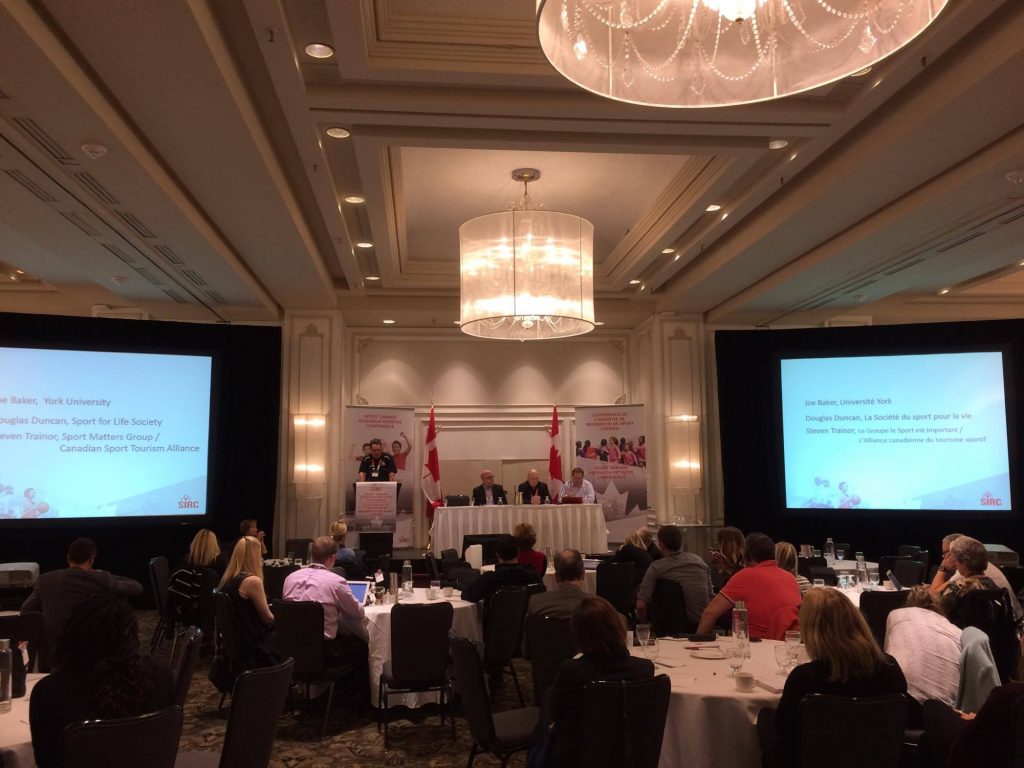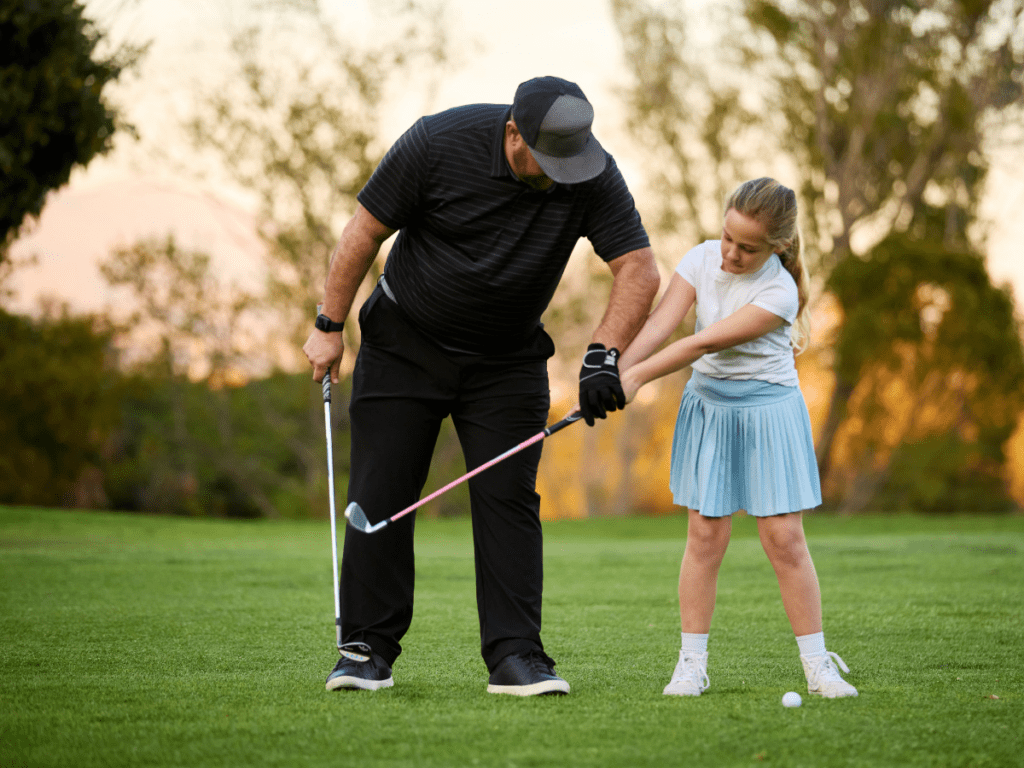Inclusion in the Field(s) of Dreams?

The purpose of this project was to explore issues surrounding segregated sport for people with impairments and to address the question of whether or not segregated sport perpetuates inequity (Fay & Wolff, 2009). The specific objectives included: (1) Identifying the drawback and benefits of participation in segregated athlete training programs taking place in different settings;…
Exploring Developmental Factors for Overcoming Relative Age Effects in Ice Hockey
Relative age effects (RAEs) are developmental advantages experienced by those born in the early months of the year relative to an age-defined cut-off date (Barnsley et al., 1985). In sport and educational settings, RAEs tend to endure, resulting in an accumulated advantage that could affect youths’ overall development (Murray, 2003). This research program investigated the…
SIRC hosts the 11th annual Sport Canada Research Initiative (SCRI) Conference!

About SCRI 2017 Despite sport having endless benefits for your health, social well-being, and everyday life, many individuals are still hesitant to participate. In order to resolve this itching problem of how to get more people involved in sport, we must answer why. What is preventing them from participating? What are the barriers that youth,…
Advancing Concussion Education at the Community Level
Participation in sport can be an integral, rewarding component of life. However, sport concussions can too easily derail the benefit of both competitive and casual exercise—instances that can be avoided through proper education and preventative measures. Sport is especially advantageous for adolescents. Those who participate in sport during this period often build better social skills,…
Highlights: Consensus statement on concussion in sport – the 5th International Conference on Concussion in Sport

Concussion is one of those topics in sport that has been increasing in prevalence over the last few years. It is most likely that concussion injuries have existed for a long time, however, the awareness of their symptoms, presentation and management have been largely hidden from the mainstream. High profile athletes who have shared their…
Canadian Concussion Collaborative – Sharing Tools and Resources for Concussion Education and Management in Canada
In December of 2011, 10 medical organizations led by the Canadian Academy of Sport and Exercise Medicine (CASEM) and the Canadian Medical Association (CMA) along with the Canadian Centre for Ethics in Sport (CCES) and the then Think First (now Parachute Canada) came together with a primary overall mandate to address growing needs of medical…
THE DEVELOPMENT OF PARALYMPIC ATHLETES IN CANADA

SIRC is pleased to be working together with Sport Canada to share current research on topics informing policy and promoting quality sport programming. This week we are sharing highlights of a recent article examining THE DEVELOPMENT OF PARALYMPIC ATHLETES IN CANADA. How Countries Identify, Recruit, and Prepare Future Athletes for the Paralympics: Case Study –…
NEWCOMERS EXPERIENCES WITH PHYSICAL ACTIVITY IN CANADA

SIRC is pleased to be working together with Sport Canada to share current research on topics informing policy and promoting quality sport programming. This week we are sharing highlights of a recent article reviewing a research study evaluating NEWCOMERS EXPERIENCES WITH PHYSICAL ACTIVITY IN CANADA. Fitting it in: How being new to Canada influences physical…
Retaining Experienced Coaches

Understanding the factors that influence coach transitions is pertinent. Six themes were identified: 1) interpersonal considerations, 2) work demands, 3) career concerns, 4) positive coaching experiences, 5) seeking opportunities to be more successful and 6) leaving a negative or challenging work environment. Findings highlight the importance of practitioners and sports organizations providing support to enable…
SPORT PARTICIPATION’S ROLE IN BULLYING PREVENTION FOR YOUNG ABORIGINAL WOMEN

SIRC is pleased to be working together with Sport Canada to share current research on topics informing policy and promoting quality sport programming. This week we are sharing highlights of a recent article reviewing a research study evaluating SPORT PARTICIPATION’S ROLE IN BULLYING PREVENTION FOR YOUNG ABORIGINAL WOMEN. “Mean mugging”: an exploration of young Aboriginal…